Medical expert: Murphy administration's threshold for the end of the pandemic is unrealistic
For the first time, the Murphy administration is setting a threshold that will signal the end of the COVID-19 pandemic. However, the dean of Rutgers' School of Public Health is calling it unrealistic.
•
Sep 14, 2021, 8:58 PM
•
Updated 1,361 days ago
Share:
More Stories

Hometown Heroes in New York City
318ds ago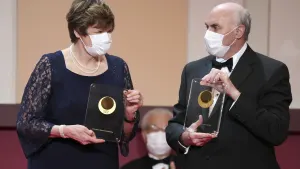
Nobel in medicine goes to 2 scientists whose work enabled creation of mRNA vaccines against COVID-19
614ds ago0:21
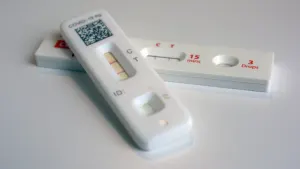
Biden administration announces $600M to produce COVID tests and will reopen website to order them
625ds ago1:54
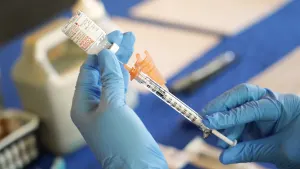
Hochul: Updated COVID vaccine to be available in NY in the coming days
632ds ago2:22
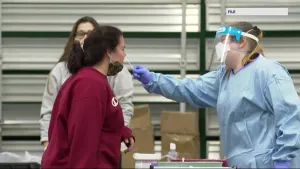
New and rare COVID variant detected in NYC wastewater; Gov. Hochul urges caution
646ds ago2:39
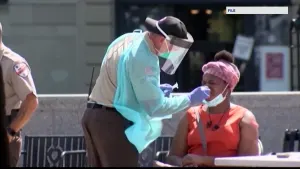
City health officials: COVID-19 cases on the rise as new variant emerges
647ds ago
Hometown Heroes in New York City
318ds ago
Nobel in medicine goes to 2 scientists whose work enabled creation of mRNA vaccines against COVID-19
614ds ago0:21

Biden administration announces $600M to produce COVID tests and will reopen website to order them
625ds ago1:54

Hochul: Updated COVID vaccine to be available in NY in the coming days
632ds ago2:22

New and rare COVID variant detected in NYC wastewater; Gov. Hochul urges caution
646ds ago2:39

City health officials: COVID-19 cases on the rise as new variant emerges
647ds ago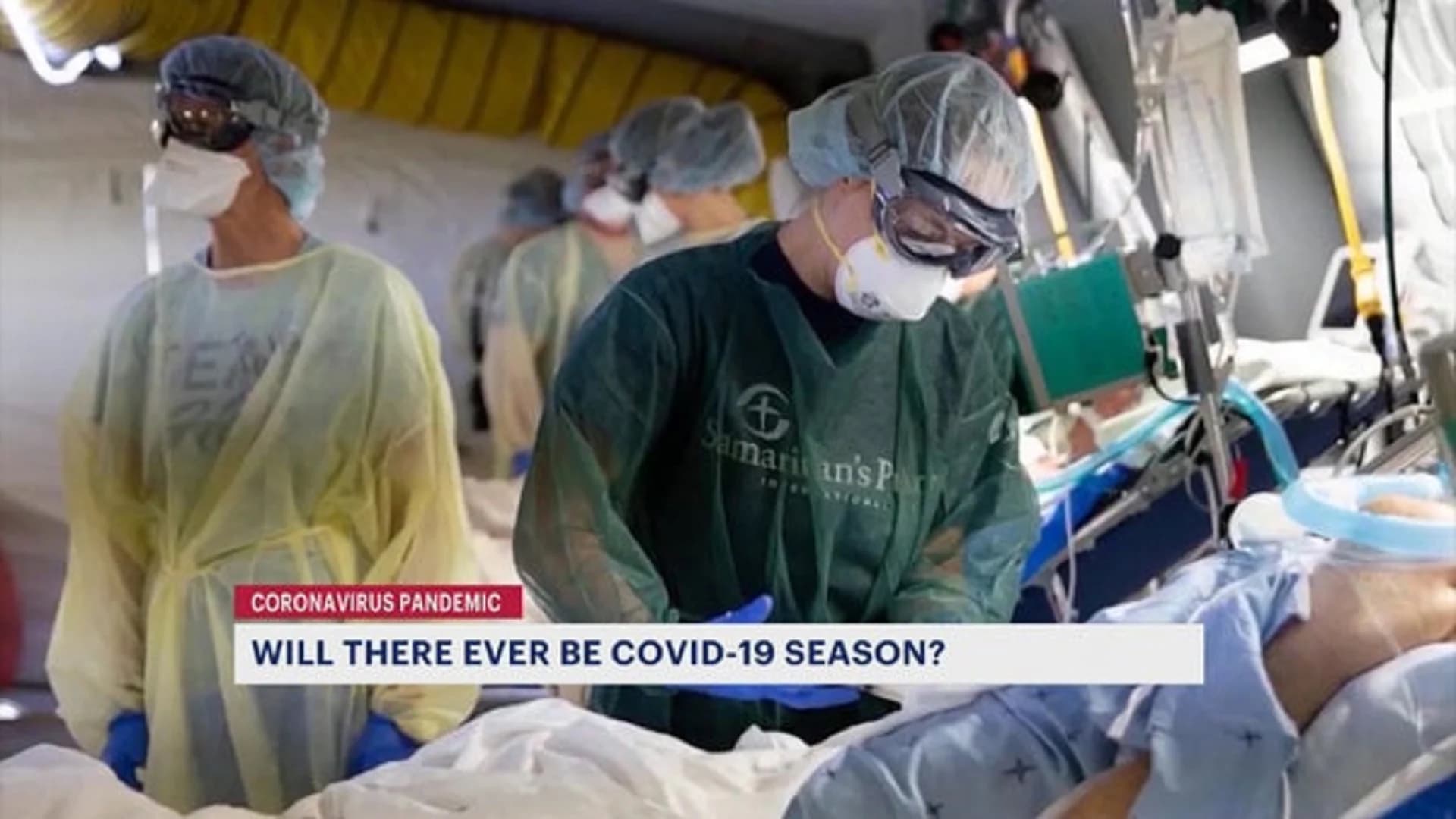
EDITORIAL NOTE: A prior version of this story suggested a 'benchmark.' No such threshold has been set by the governor's office at this time.
When will COVID-19 become less of an emergency and more of a seasonal occurrence like the flu?
For the first time, the Murphy administration is setting a threshold that will signal the end of the COVID-19 pandemic. However, the dean of Rutgers' School of Public Health is calling it unrealistic.
"The 1918 flu took four years to get under control. OK? We're two years into this, almost. I think it's going to take a while more," says Dr. Perry Halkitis.
Across the country and in New Jersey, public health officials, elected leaders and the public at large have to grapple with where to place the benchmark, how much suffering and even death from COVID-19 will be accepted to allow life to essentially go back to normal.
MORE: Stop the Spread
"It's easy to say this will be eventually manageable, but the distance between today and that, and the complexities between today and that, should not be underestimated," says Gov. Phil Murphy.
State officials say New Jersey is on track to lose between 4,000 and 5,000 residents this year due to COVID-19. During each flu season, about 1,000 state residents die from that disease.
The governor’s office doesn’t have a set number of deaths or cases for a so-called bench mark. They do, however, plan to push us all to stay up to date on vaccinations and boosters for both the flu and COVID-19.
"And those thousand deaths a year we get in the bad flu season, they shouldn't be a thousand, they should be lower than a thousand. And COVID should be lower than that as well," said Dr. Ed Lifshitz, of the Communicable Disease Service.
SEARCH FOR A CURE: Statistics and State Resources
"Obviously, we want it to get to zero, but I don't think it's realistic," Halkitis says.
Halkitis says to expect masking and checking vaccination status at least through the end of this year.
"Until such point that the little children who are vulnerable, like the 2-year-olds, can be protected, we're going to be have to be doing these things 'til everybody who wants to be protected can be protected," he says.
Halkitis believes the summer of 2022 may be the first time when things look like they're back to normal.
APPOINTMENT INFORMATION: Where and how to get vaccinated
More from News 12
2:34

Guide: Safety tips to help prevent home burglaries
2:19

Guide: Safety measures to help prevent fires and how to escape one
2:40
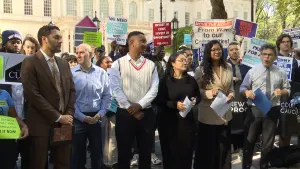
Mayor's budget cuts: A controversial solution amidst immigration crisis
2:07

Tips on how to avoid confrontation with sharks while swimming in the ocean
2:33

5 tips to prevent mosquito bites and getting sick from viruses
2:39
